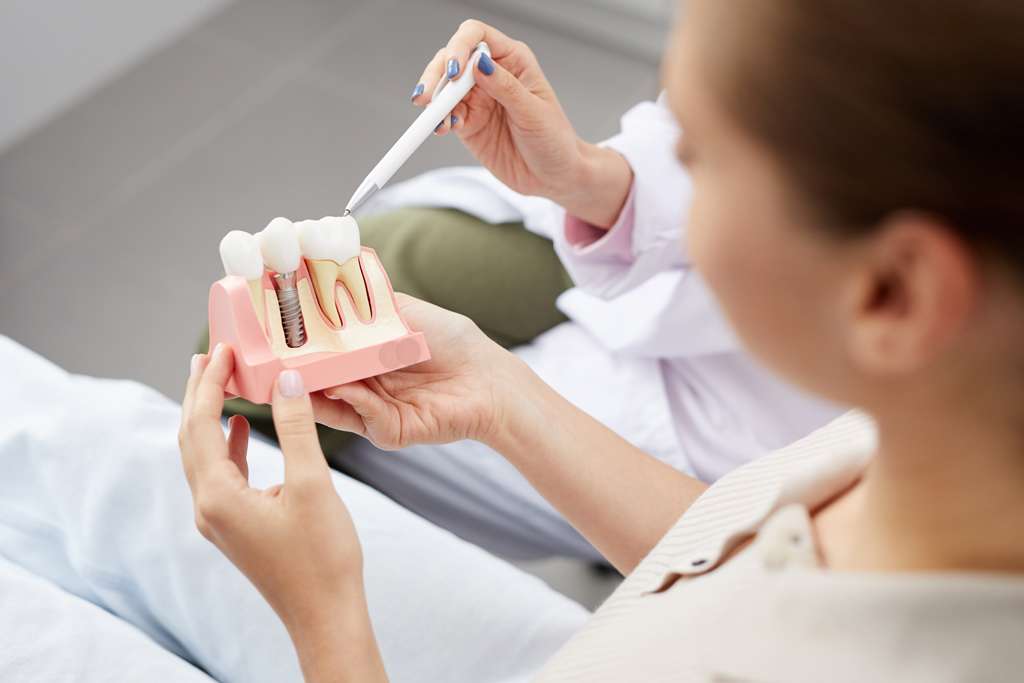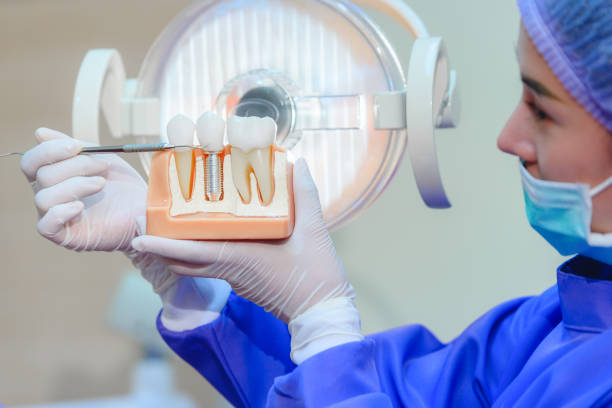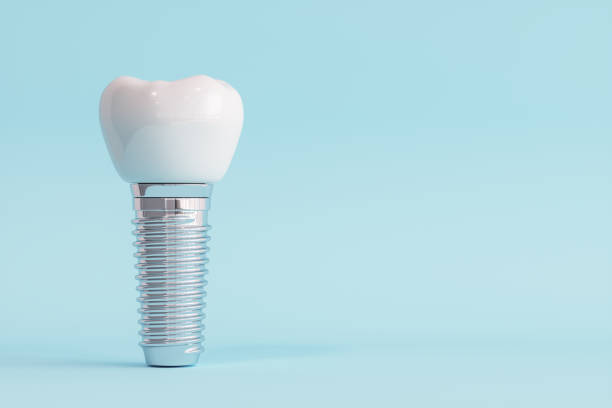By Dr. Jaime R. Estrella, DDS – TruSmile Dental Implant Center
When we talk about missing teeth, most people focus on the physical impact—trouble chewing, changes in speech, or jawbone loss. But there’s another side that’s just as important: your emotional and psychological well-being.
At TruSmile Dental Implant Center, we’ve seen how restoring a smile can do more than fix a bite—it can transform confidence, self-esteem, and even social engagement. In this article, we’ll explore how replacing missing teeth, especially with dental implants, supports mental and emotional health.
1. Self-Esteem and Confidence
Your smile is one of the first things people notice. When you’re missing teeth, it’s common to feel self-conscious or embarrassed—leading you to hide your smile, avoid social interactions, or withdraw from conversations.
A study published in the Journal of Clinical and Diagnostic Research found that individuals with missing teeth reported significantly lower self-esteem and social confidence [1].
Dental implants provide the most natural-looking and feeling tooth replacement option. Patients often say they feel like themselves again—no more covering their mouth or avoiding photos.
2. Social Anxiety and Isolation
Missing teeth can contribute to social anxiety, especially if speech is affected or dentures slip during conversation. Over time, this can cause people to avoid dining out, laughing, or engaging with friends and coworkers.
A comprehensive review published in Health Psychology Research emphasized that tooth loss is strongly associated with increased social isolation and depression—particularly in older adults [2].
By replacing missing teeth with implants that look, feel, and function like the real thing, patients regain the freedom to live, laugh, and connect without fear or discomfort.
3. Impact on Career and Relationships
A confident smile influences how others perceive us in professional and personal settings. Missing teeth can subconsciously signal poor health or self-care, affecting first impressions and opportunities.
According to a survey by the American Dental Association, 28% of young adults reported that the appearance of their mouth and teeth affected their ability to interview for a job [3].
Restoring your smile with dental implants can enhance not only how you feel about yourself—but how the world sees you.
4. Emotional Relief from Stability and Permanence
Dentures can cause frustration due to movement, discomfort, or the need for adhesives. Implants offer a permanent solution, eliminating the daily stress and worry that comes with removable prosthetics.
Patients often describe a sense of emotional relief once they receive implants—knowing they no longer have to worry about teeth slipping, falling out, or limiting their food choices. This peace of mind is a powerful contributor to psychological well-being.
5. Cognitive Health and Mental Clarity
Emerging research suggests that maintaining strong oral health—including replacing missing teeth—may support cognitive function. A study published in The Journal of the American Geriatrics Society found that tooth loss was associated with an increased risk of dementia and cognitive decline in older adults [4].
While more research is ongoing, restoring oral function and bite stability with implants may contribute to better brain health as we age.
The TruSmile Difference: Whole-Person Care
At TruSmile Dental Implant Center, we understand that tooth replacement isn’t just about appearance or function—it’s about restoring quality of life. That’s why we focus on whole-person care, blending clinical expertise with compassionate support to help you feel confident, safe, and empowered at every stage.
Our team will guide you through every step—from the consultation to final restoration—with understanding, precision, and a deep commitment to your long-term well-being.
Final Thoughts
Replacing missing teeth with dental implants isn’t just a cosmetic or functional fix—it’s a path to restored confidence, emotional well-being, and freedom to live life on your terms.
If you’re ready to smile freely again, schedule a consultation with TruSmile Dental Implant Center. We’re here to help you rediscover the best version of yourself—starting with your smile.
References:
- Patil, S., & Doni, B. (2013). Assessment of psychological impact of tooth loss among completely edentulous patients: A cross-sectional study. Journal of Clinical and Diagnostic Research, 7(10), 2215–2217.
- Gerritsen, A. E., et al. (2010). Tooth loss and oral health-related quality of life: A systematic review and meta-analysis. Health Psychology Research, 28(7), 77–95.
- American Dental Association Health Policy Institute. (2015). Oral Health and Well-Being in the United States.
- Wu, B., et al. (2016). Tooth loss and cognitive function in late life: A 13-year longitudinal study. Journal of the American Geriatrics Society, 64(1), 91–97.



